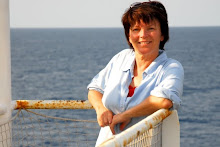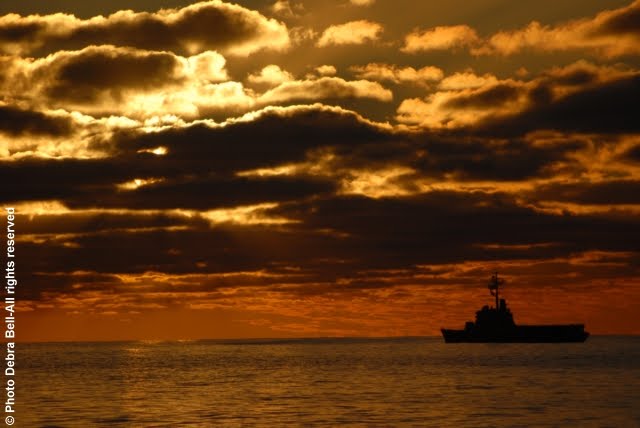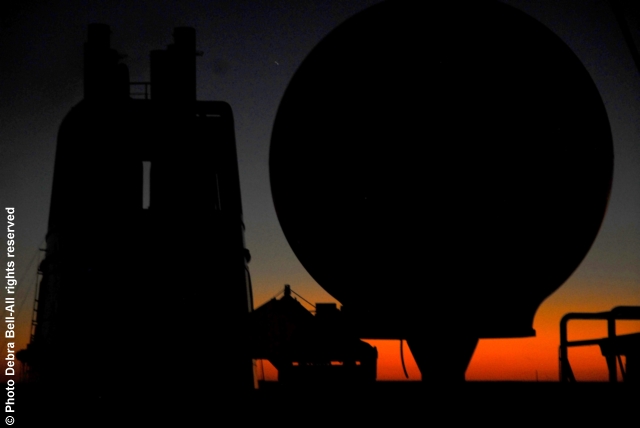 Komla comes from a small village in Togo where his family runs their own farm. Komla is 20 years old and is the eldest of 5 brother and sisters.
Komla comes from a small village in Togo where his family runs their own farm. Komla is 20 years old and is the eldest of 5 brother and sisters.When Komla was born, he had a very small growth on the side of his face. His family did not know what it was, but it greatly concerned his mother. Over time, the tumour grew larger and was a source of embarrassment for him.
“Even my brothers and sisters would insult me. It made me very sad, and I was lonely,” he recalls, “It hurts when those closest to you make fun of you.”
Komla was very close to his mother. She was Catholic and she took all her children to church every Sunday. Komla learned about God and would pray to him that someone could help with his condition. He asked God to ease his struggle and pain. He did not want to be different—he wanted to be just like the other boys in the village.
When Komla turned 8 years old his life changed dramatically. His mother was suffering from a skin disease and was only using herbal remedies to treat it. Unexpectedly, she passed away. Komla was devastated that his mother was gone and he had to take on the responsibility of caring for his younger siblings.
After Komla’s mother died, his father stopped paying for his children to go to school. So Komla and his brothers and sisters quit school and started working on the farm. They grew corn and cassava, which is a root similar to a potato.
Inwardly, Komla was happy that his father no longer made him go to school. His face was large and the tumour was evident to everyone who talked to him. The other kids at school would tease him and call him names that hurt him very badly. On the farm, however, he wouldn’t have to see many other people. Most of Komla’s time was spent out in the field.
One day Komla received communication from his uncle in Lome. His uncle told him about Mercy Ships, and said if he comes to Lome, he would accompany him the screening.
Komla agreed and travelled to Lome and saw a doctor at Mercy Ships’ initial screening in Togo. He received astonishing news: yes, they would be able to operate and remove the tumour: for free! They gave him a date to return to the ship for surgery.
 Komla returned home that night with a feeling of optimism. He thought to himself, maybe there is hope after all. He thanked his uncle for telling him about Mercy Ships, and he braced himself for 4 months of waiting until he was able to go to the dock of the Africa Mercy.
Komla returned home that night with a feeling of optimism. He thought to himself, maybe there is hope after all. He thanked his uncle for telling him about Mercy Ships, and he braced himself for 4 months of waiting until he was able to go to the dock of the Africa Mercy. Today, Komla has made quite a transformation. Dr. Parker was able to remove the majority of the tumour. He has a smile on his face and his overall demeanour is positive and bright. He is so grateful for Mercy Ships and the entire crew.
“My self esteem has been repaired,” he says, “and now I can walk into a room with confidence. I no longer have to be ashamed. Thank you and God bless you.”
When asked if his mother could see him now, he responded by saying, “She would be proud. Her face would smile with happiness.”






































































